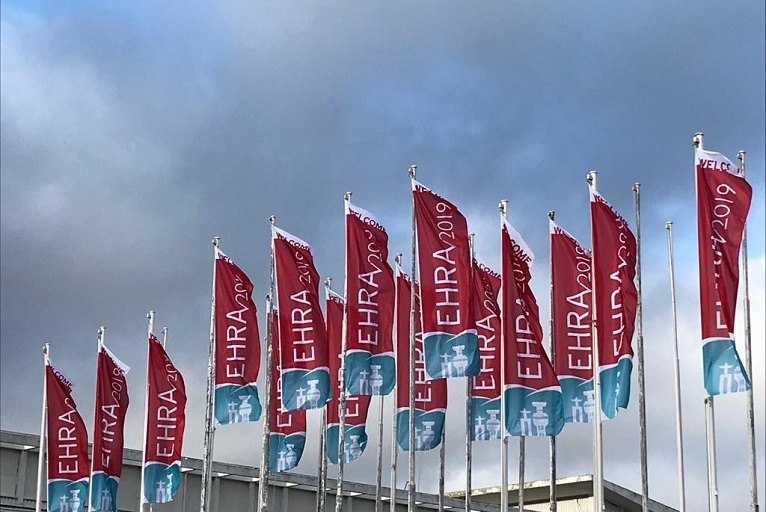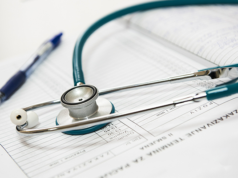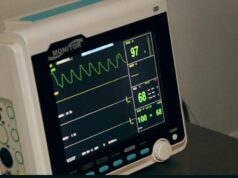
Twenty late-breaking trials, including major clinical studies on the treatment of atrial fibrillation (AF) are among the research to be presented at the annual congress of the European Heart Rhythm Association (EHRA) 2020 (29–31 March, Vienna, Austria).
The late-breaking trials will be presented across four sessions covering AF, heart failure, catheter ablation and novel devices. This will include findings from ALICIA, a randomised controlled trial of magnetic resonance imaging (MRI)-guided fibrosis ablation for the treatment of AF, and RACE 7 ACWAS trial, a one-year clinical outcome and cost-effectiveness of delayed versus early cardioversion in recent-onset atrial fibrillation.
Treatment and outcomes in a large contemporary cohort of European AF patients managed by cardiologists in 27 European countries and 250 cardiology centres will also be presented, part of the ESC-EHRA EORP Atrial Fibrillation General Long-Term Registry.
Findings from the STOP PERSISTENT AF study, assessing symptoms and quality of life one-year post cryoballoon ablation for persistent AF, are also to be presented. Other new research will be showcased in 900 scientific abstracts.
In a press release ahead of the congress, Professor Haran Burri, chairperson of the scientific programme, said: “Late-breaking trials are the hottest, newsworthy research at EHRA 2020, including randomised controlled trials, innovative devices, and new treatment approaches to improve outcomes in patients with heart rhythm disorders.”
The first-ever digital arrhythmia day at the EHRA Congress will also take place on 29 March, featuring state-of-the art updates on wearables including smartwatches, machine learning, big data, and computer simulation.
The EHRA Congress brings together scientists, healthcare professionals and key opinion leaders involved in arrhythmia management around the world. More than 5,000 participants from 96 countries are set to attend the three-day meeting, which features nearly 150 scientific sessions.
The congress theme is “joining forces to overcome arrhythmias”. Professor Burri said: “Providing the best diagnosis and treatment for heart rhythm disorders requires collaboration between heart rhythm professionals, device specialists, general cardiologists, imaging specialists, surgeons and, above all, patients. A special session is devoted to what matters to patients with arrhythmias.”












